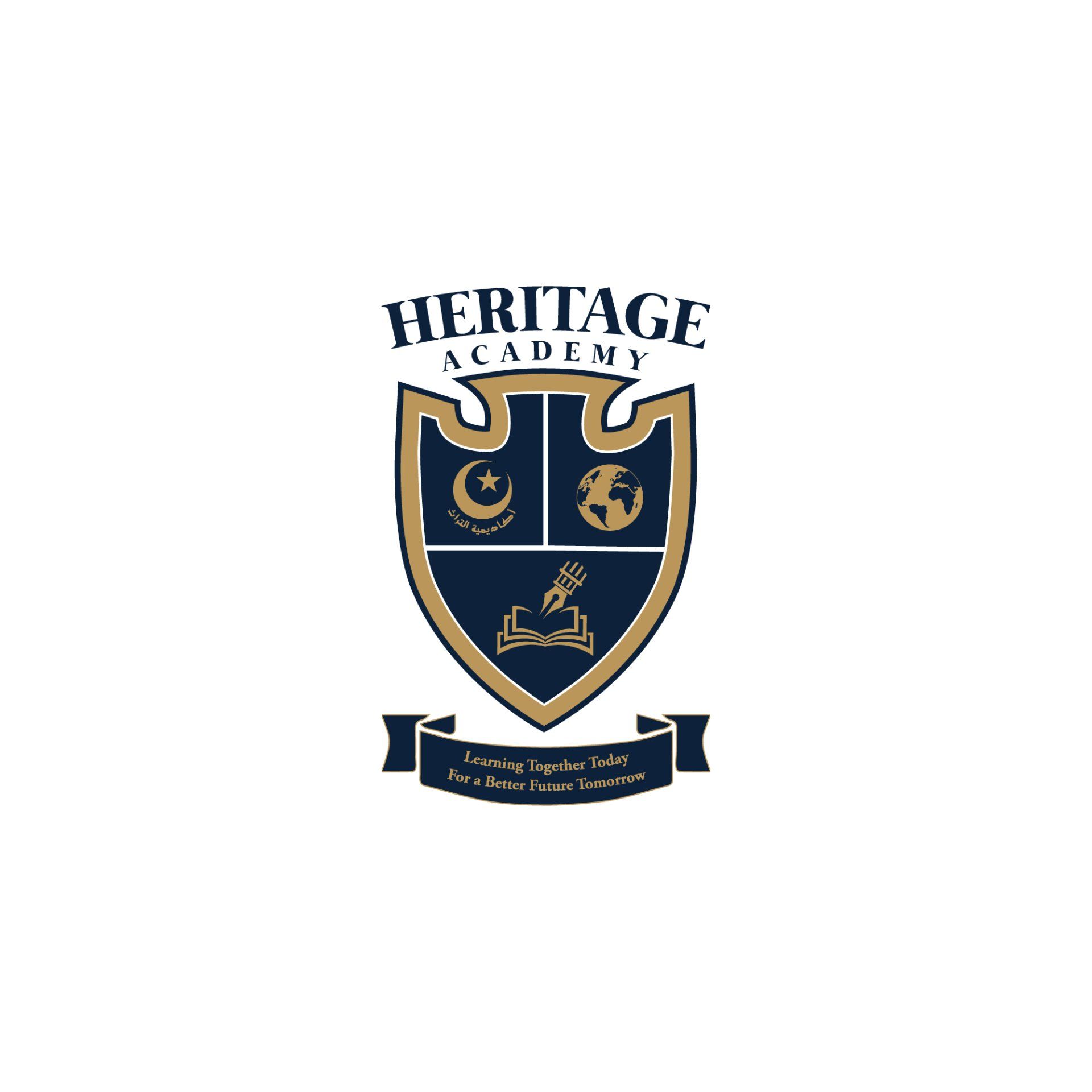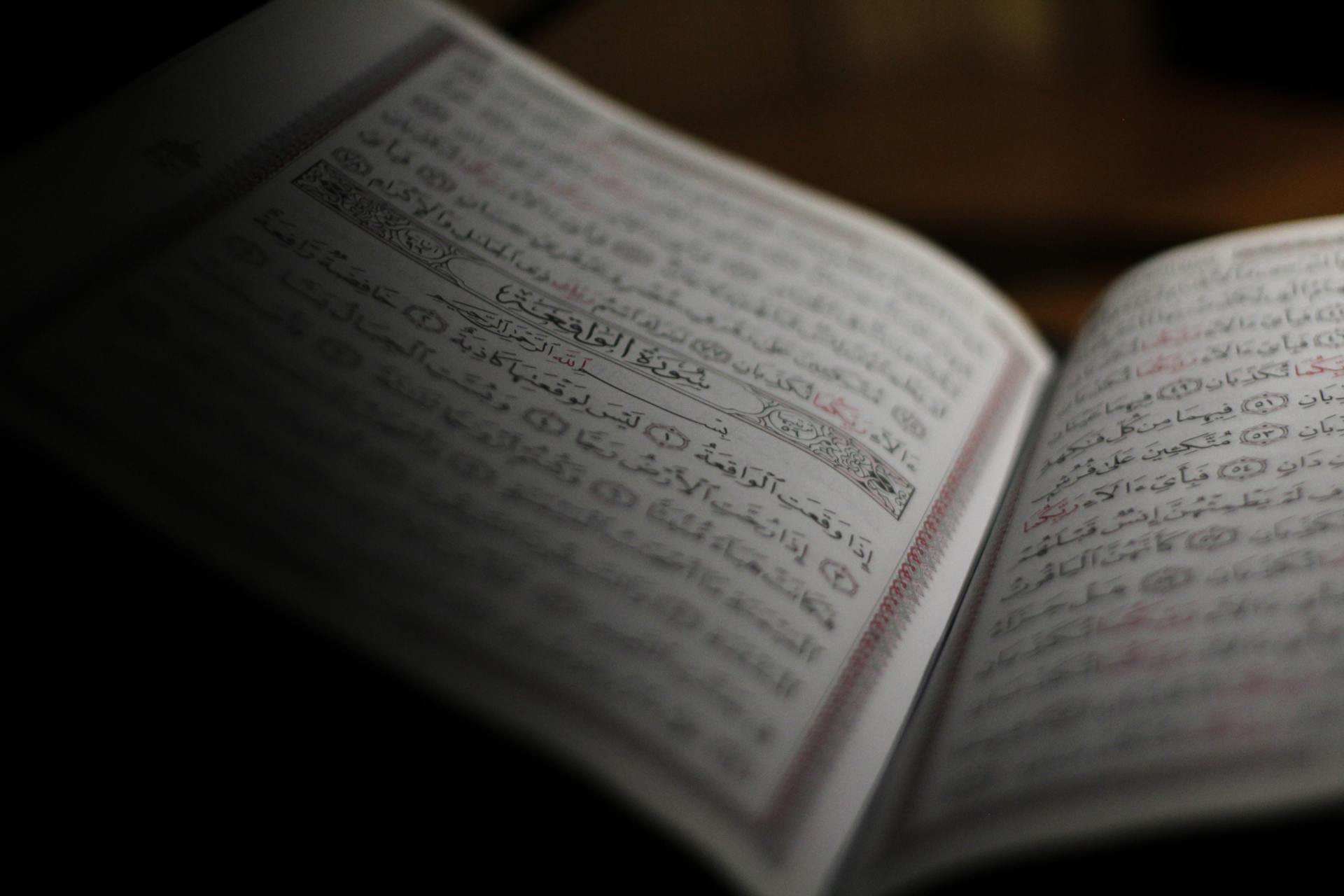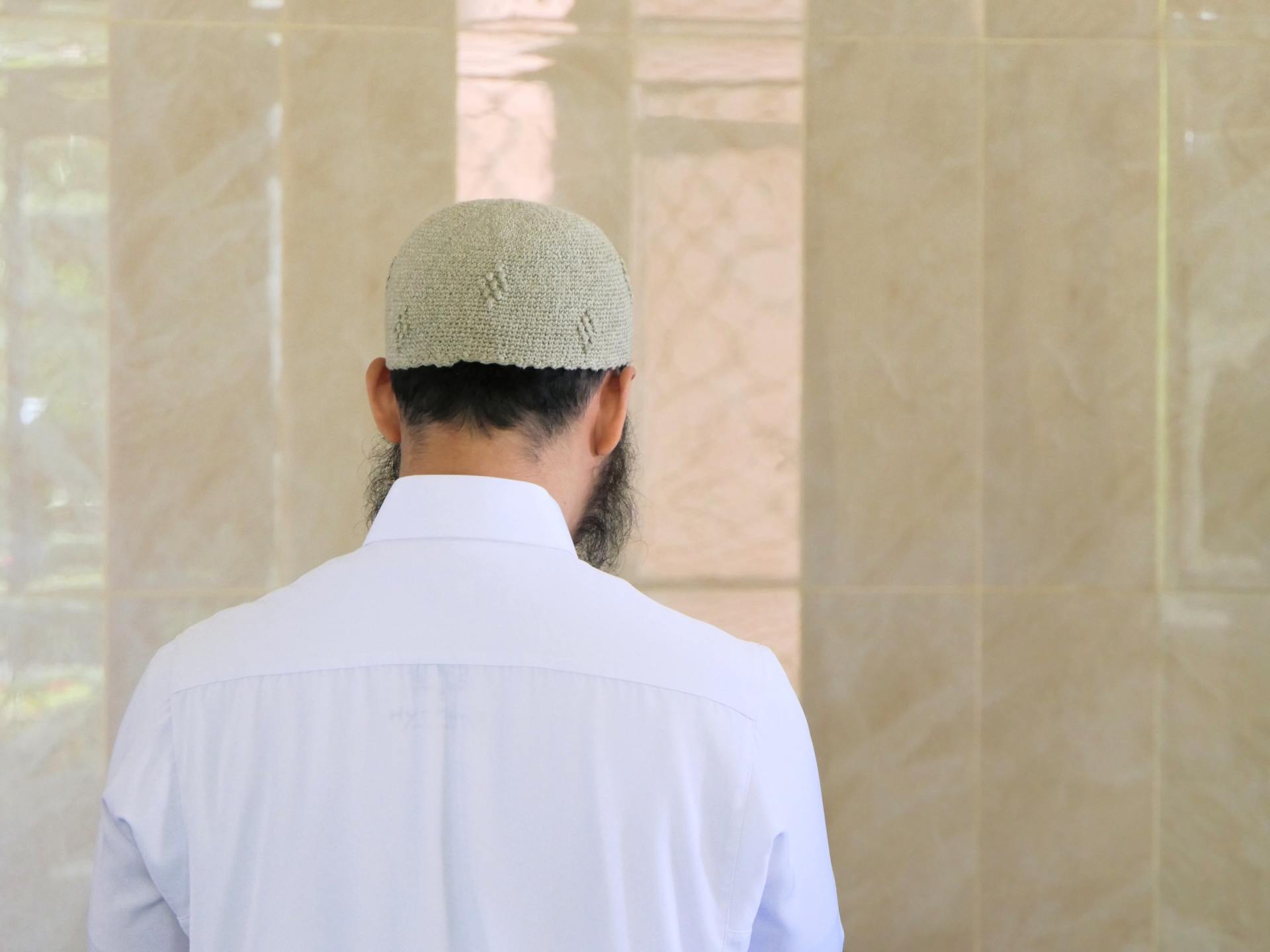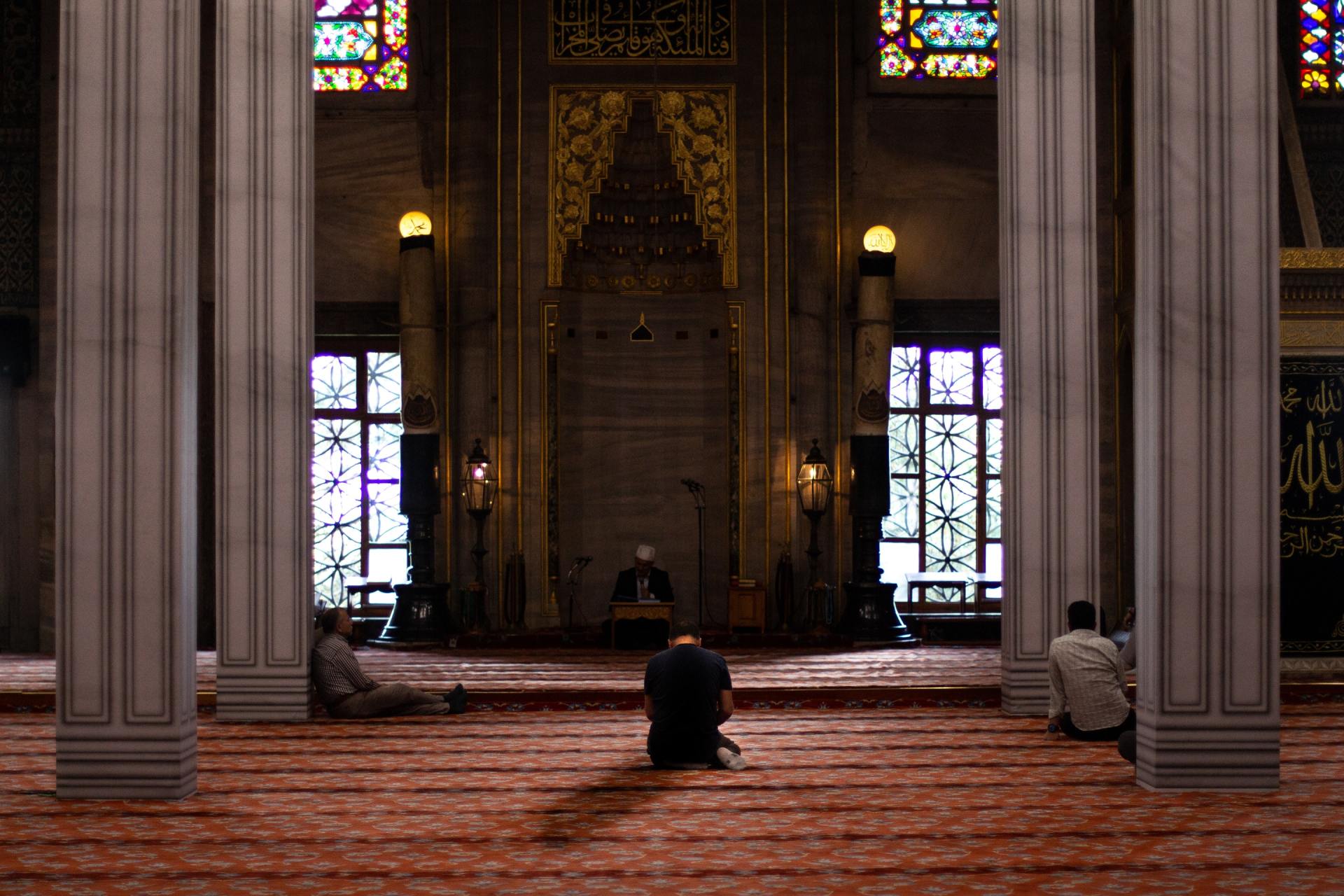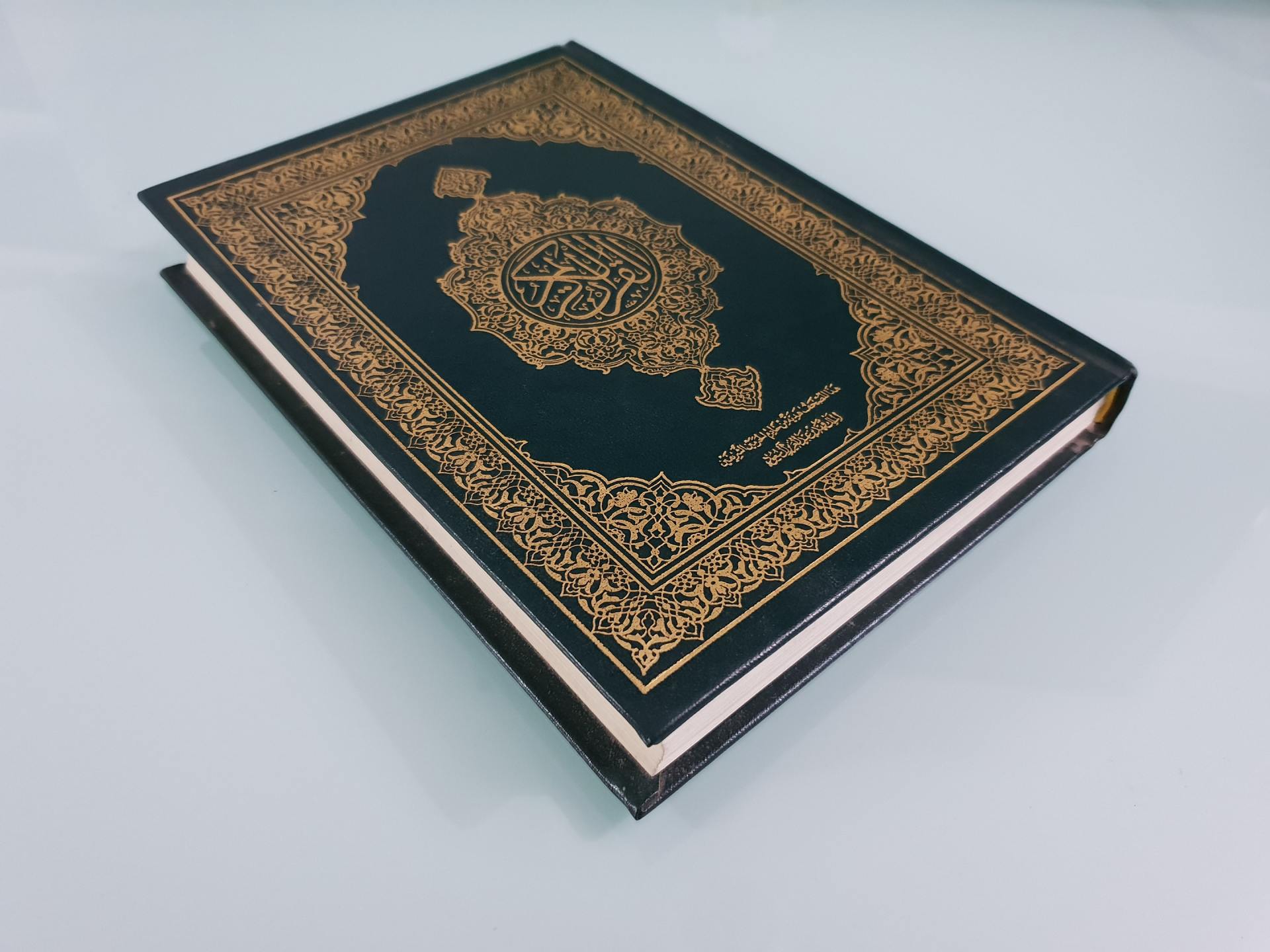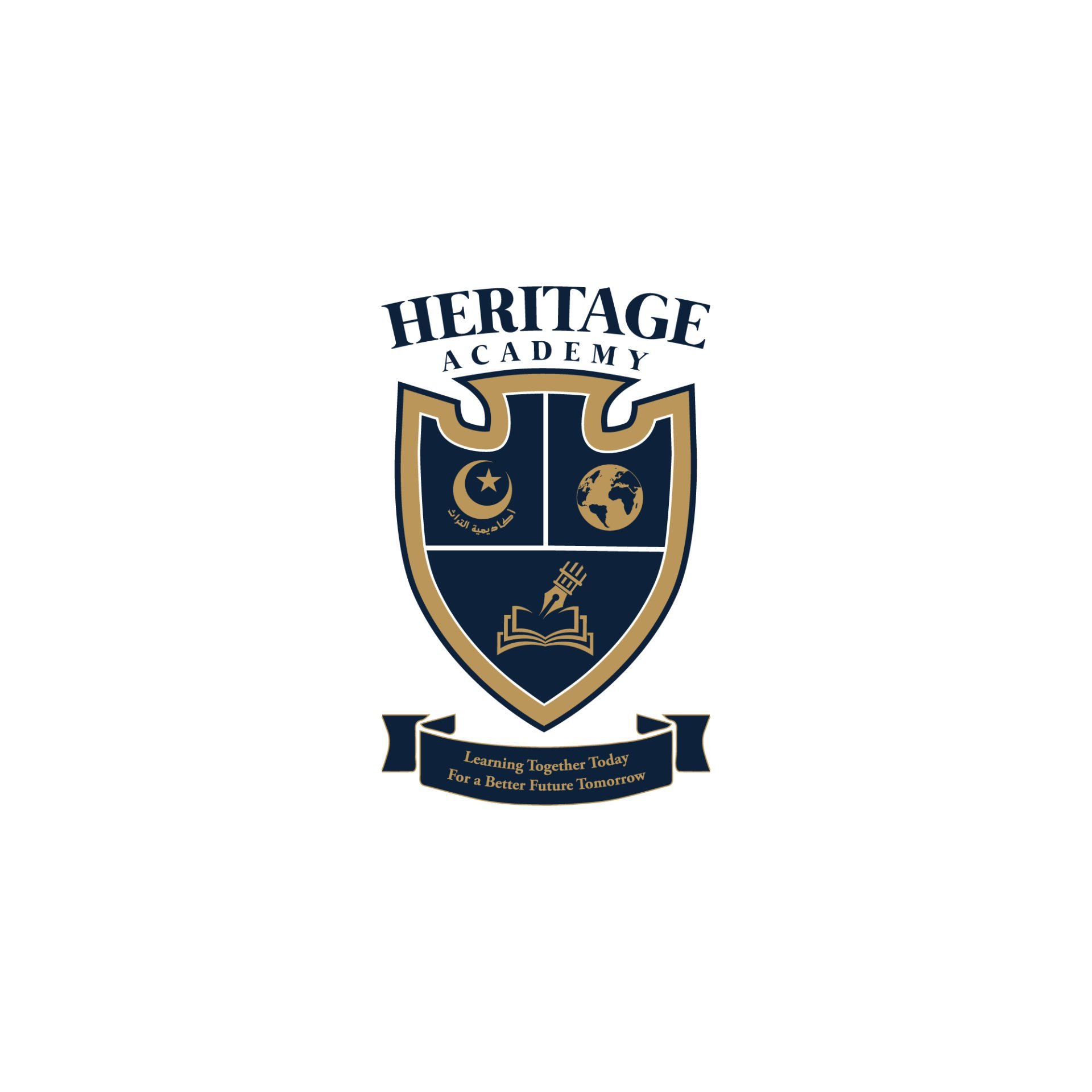Heritage Academy Islamic Curriculum
Heritage Academy Islamic Curriculum
The Islamic ethos and character building in accordance with the example of the Messenger of Allah (may Allah's salat and salam be upon him) are embedded throughout the school in every academic subject.
All lessons begin with the following short dua:
اللهم إني أسألك علماً نافعاً، ورزقاً طيباً، وعملاً متقبلاً
[Collected by Tayalisee, Tabraani & regarded Hasan by Al-Hafidh Ibn Hajr]
In the subject of Islamic Studies:
By the end of Key Stage 3, students will be able to:
Define and explain important Islamic terminologies, understand the key concepts of Islam, explain the main sources of Islam, outline important aspects of the Prophet’s life.
They will have:
Knowledge of Islamic beliefs and practices: Students will be familiar with the fundamental beliefs and practices of Islam, including the five pillars of Islam, the importance of the Qur'an and Hadith, and the role of prayer, charity, and fasting in Muslim life.
Knowledge of religious texts and scriptures: Students will be able to analyse and interpret the Quran and Hadith, and understand the historical, literary, and cultural contexts in which it was revealed.
Knowledge of religious history: Students will be familiar with the historical development of Islam, and the spread of Islam.
Knowledge of religious ethics: Students will have a strong understanding of Islamic religious ethics, such as the ethical teachings of different, the role of ethics in religious practices, and the application of religious ethics to contemporary social issues.
Knowledge of religious diversity: Students should be aware of the practices within Islam, as well as the challenges and opportunities posed by practising Islam.
Knowledge of comparative religious studies: Students should be able to understand the similarities and differences in Muslims’ beliefs, practices, and cultural expressions.
BY the end of Key Stage 4, students will be able to:
Assess and analyse the Prophet’s relationship with his family and others, know and understand the importance of the revelation of the Qur’an to Muslims, assess and analyse the key beliefs, practices, customs of the early Muslims, know and understand Islamic etiquettes in relating to others.
Students will have:
Knowledge of Islamic history and culture: Students will have a good understanding of the history and culture of Islam, including the life of the Prophet Muhammad, the development of Islamic civilization, and the contributions of Islamic scholars and thinkers to various fields of knowledge.
Ability to read and understand the Qur'an: Students will have a basic knowledge of Arabic and be able to read and understand passages from the Qur'an, including the meanings of key words and phrases.
Understanding of Islamic ethics and values: Students will understand the ethical and moral values that are central to Islamic teachings, including the importance of justice, compassion, and respect for human dignity.
Ability to analyse and evaluate Islamic texts and sources, including the Qur'an, Hadith, and the works of Islamic scholars, using appropriate critical methods and approaches.
